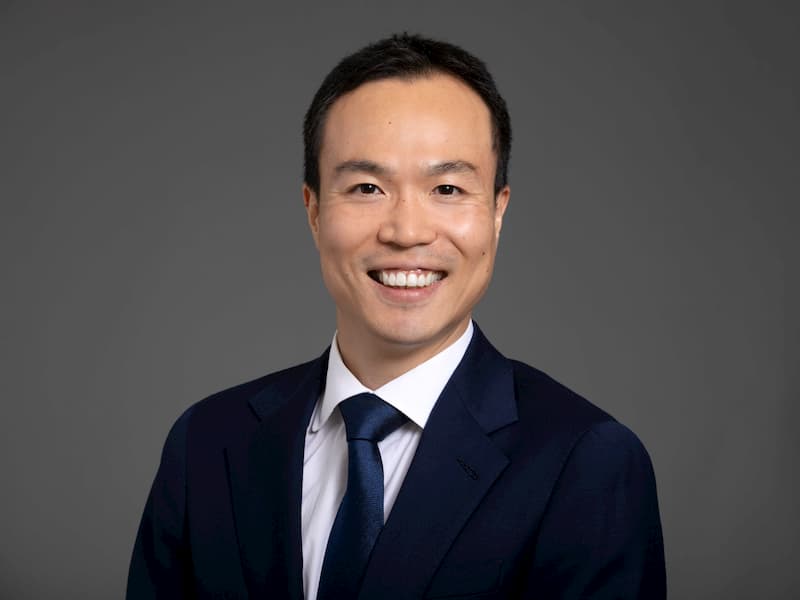In honor of Transplant Nurses Week (this year from April 24 through May 1), Minority Nurse heard from International Transplant Nurses Society Board of Directors member Jongwon Yoo, PhD, APRN of Northwestern Medicine’s Transplant Surgery program about a career path as a transplant nurse.
Please tell me a little about your background. How and why did your career path lead you to transplant nursing?
I am an advanced practice nurse specializing in solid organ transplantation, especially for kidney/pancreas and liver transplantation. My scope of practice covers transplantation evaluation and post-transplantation care.
My journey to transplant nursing started in 2013 when I first met the liver transplant program surgery director, Dr. Hoonbae Jeon, at the University of Illinois Hospital and Health System. I was a student of the University of Illinois at Chicago nurse practitioner program and shadowed Dr. Jeon and his team in clinic and hospital settings. Dr. Jeon’s passion for organ transplantation and clinical practice of giving hope inspired me. I first became the kidney transplant coordinator and managed the waitlist and coordinated living donor transplantationat the University of Illinois Hospital and Health System. I also managed post-kidney/pancreas transplant patients as a nurse practitioner.
During this tenure, I interconnected my clinical with my research and defended my PhD in nursing dissertation about kidney transplantation at the University of Illinois at Chicago. With national transplant registry data, I identified the inferior outcomes of kidney transplantation for patients who had impaired physical function.
In 2016, as a nurse practitioner, I joined the transplant nephrology team at Loyola University Medical Center. Working with Dr. Amishi Desai and Dr. Raquel Garcia-Roca, I managed kidney/pancreas transplant patients and acute, chronic kidney disease and renal failure of non-renal organs such as heart, lung, and liver transplant recipients.
Now, I joined the Northwestern Transplant Surgery program and started to expand my scope of practice to managing liver transplants.
What are some aspects of your nursing role that you didn’t expect?
I initially did not expect that there were such various and strict governmental policies in the organ transplant society. Also, each transplant program has its institutional policy and criteria, which transplant nurses should know throughout the transplant spectrum.
The need for organ transplants is increasing. As a transplant nurse, how does that impact your work?
Because the demands for organ transplants have increased, we, transplant nurses, have met more responsibilities to screen suitable donors, optimize the transplant candidates, and maintain the graft functions healthy to utilize one of the most limited and scarce resources, donated organs.
What additional training has been helpful in your career?
I started my nursing career in the cardiovascular intensive care unit at the Samsung Medical Center, South Korea. I learned how to interpret cardiovascular testing results such as EKG, echocardiogram, stress echocardiogram, coronary angiogram as well as to manage the advanced life saving devices such as ICD, pacemaker, ECMO, IABP, and CRRT.
This training helped me significantly screening cardiovascular diseases of transplant candidates on the kidney transplant waitlist. Also, I studied advanced physiology and pathophysiology, including renal, immunology, and heart, in my PhD program. These gave me the fundamental knowledge to manage immunosuppressants and various complications of transplant recipients.
How has the ITNS had an impact on the work you do, your career trajectory, and/or your pride in transplant nursing?
Dr. Joyce Trompeta at the UCSF transplant program has mentored me throughout my transplant nursing journey. She was the president of ITNS and recommended that I join ITNS leadership. Since I joined ITNS, I have met phenomenal transplant nurses who everyday help patients deal with the fear and uncertainty of transplant outcomes and complex health conditions from the complications.
From those nurses whom I met at ITNS, I have learned not only knowledge but also empathy toward the transplant patients. Most importantly, I learned I was not the only one who often felt powerless, anxiousness, and sadness when the transplant outcomes became poor, and grafts were lost. Support and encouragement from these transplant nurses are my utmost motivation to remain in the transplant community.
- WOC Nurses Week Highlights Specialty - April 16, 2024
- Honoring Radiology Nurses Day on April 12 - April 12, 2024
- Travel Offers New Career Possibilities - April 8, 2024



